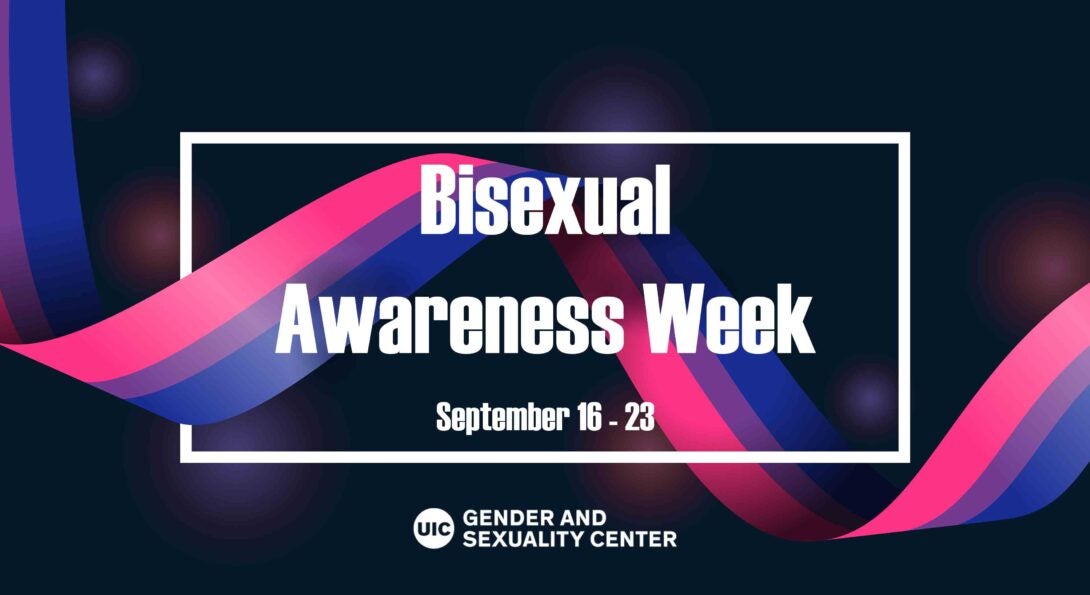Billy’s Banter: Reflections from GSC Director (September)

Bisexuality Awareness Week
As a first-year college student many years ago, I joined the “Lesbian and Gay Student Union” (LGSU) at my university. The discussion topic at my first meeting was whether we should add a “B” to our name. Should we become the “LGBSU?” Most students in attendance emphatically voted no! I was at the beginning of a long exploration of my sexuality, and I thought it possible that I was one of the excluded “Bs.” While I no longer experience bisexual desires, I can’t overstate the feelings of alienation I felt at that meeting. (Bisexual was thankfully added the next year). Questioned and minimized by both straight and gay people, bisexual folks have historically had to fight for legitimacy, visibility, and pleasure on all sides.
There are many false stereotypes that people hold about bisexuality. Some believe that bisexual people are all sexually promiscuous and/or cheaters. Some erroneously think that bisexual people have to be in relationships with both men and women simultaneously. One of the most common accusations, made by straight and gay people alike, is that bisexuality is nothing more than a phase. Calling a person’s identity a mere phase can make them feel illegitimate, like they don’t exist. This is why we need bisexuality awareness week in the first place.
I would like to pause on this idea of phase. Throughout the history of LGBTQIA+ activism, many have fought back by responding defensively to the accusations made against us. When they told us we were sick, some responded defensively that we are in fact well (often using quite ableist arguments). When they told us we were too promiscuous and sexual, many responded that we are just like straight people, and we just want to get married and be monogamous like them. When they told us that we would bring the end of Western civilization as we know it, some of the loudest voices in the movement assured them that we respect the status quo and our social institutions as they are. We just want an equal piece of the pie without altering the recipe.
Others of us, however, chose to respond differently. Too promiscuous and sexual – you bet we are. The end of Western civilization as we know it – absolutely (and that’s a good thing). So when they accuse our desires of being a “phase,” what if we respond with, “so what?” What’s wrong with a phase? What if we refuse to allow them to set the terms of the debate?
LGBTQ – I’ve been all those things at different points in my life, and I wouldn’t trade those “phases” for anything in the world.
Billy